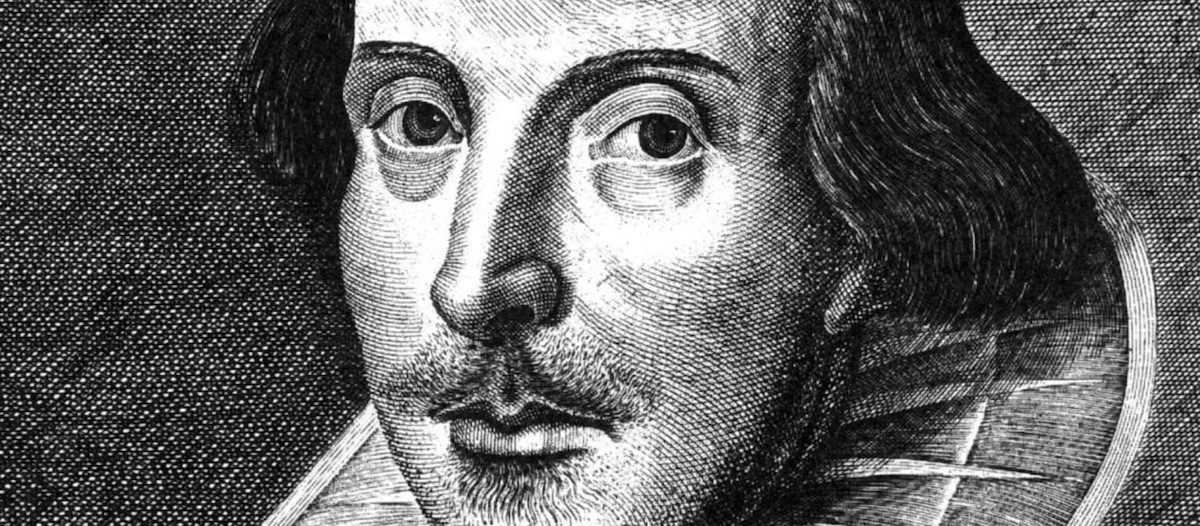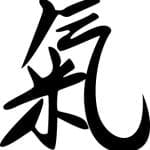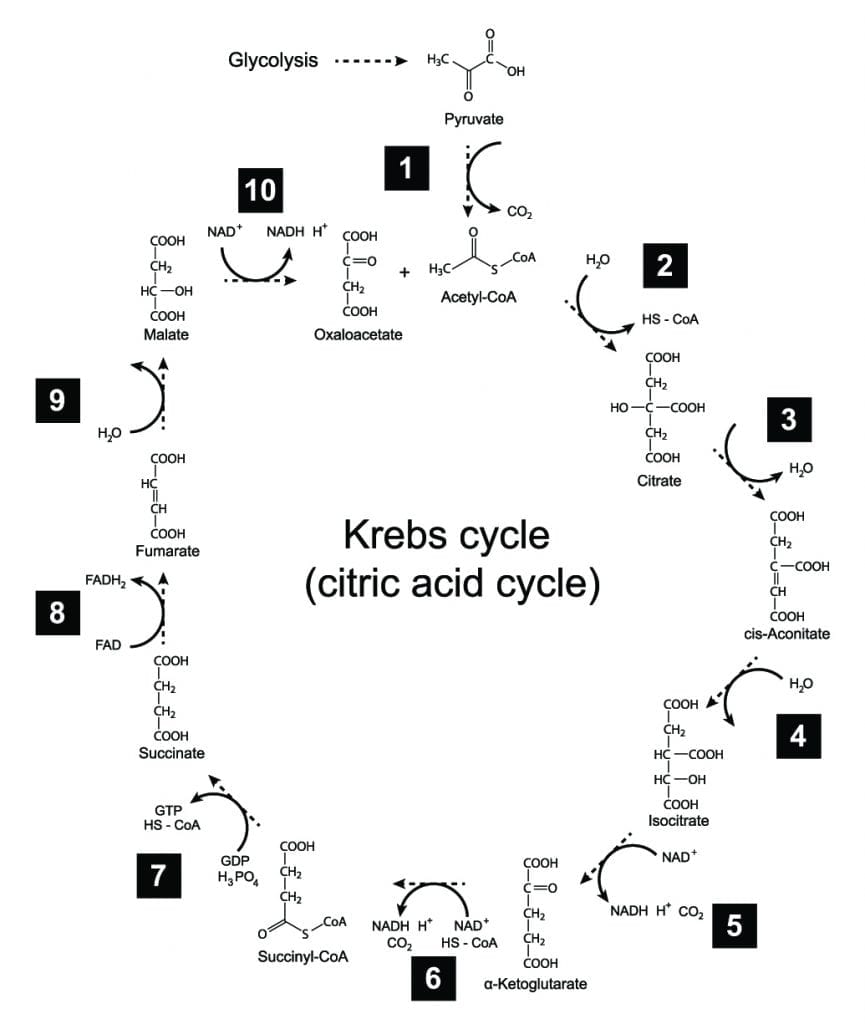WHAT CAN SHAKESPEARE TEACH US ABOUT QI?
|

Free from gross passion or of mirth or anger constant in spirit, not swerving with the blood, garnish’d and deck’d in modest compliment, not working with the eye without the ear, and but in purged judgement trusting neither Such and so finely bolted didst thou seem.
– William Shakespeare, from “King Henry V”
William Shakespeare is considered one of the greatest English writers in history, yet many of us barely have an idea what the above paragraph references. This is how English was spoken in the 1600s. Much different than today, is it not? But both are correct — both English, yet different because they are separated by time. I think Western medicine and Chinese medicine are also similar. Though separated by time, we’re talking about the same things.

What the heck is Qi?!
The word “Qi” makes no sense to my Western brain, nor does it hold value with the Western medical world. The most asked question I get in the clinic is, “What the heck is Qi, and is it real?” But what if I said Qi is just Chinese medicine’s equivalent to ATP, or adenosine triphosphate, which transports chemical energy within cells for metabolism? They are exactly the same thing!
What the heck is Qi?!
The word “Qi” makes no sense to my Western brain, nor does it hold value with the Western medical world. The most asked question I get in the clinic is, “What the heck is Qi, and is it real?” But what if I said Qi is just Chinese medicine’s equivalent to ATP, or adenosine triphosphate, which transports chemical energy within cells for metabolism? They are exactly the same thing!
Food + Air = Energy
How does modern science tell us this works? The food you eat is broken down into its component parts — carbohydrates are broken down into simple sugars, proteins are broken down into amino acids, and fats are broken down into fatty acids. These components are absorbed from the intestinal tract into the blood stream and from there are transported across the cell membrane where they undergo a complex series of reactions to form a substance called acetyl-CoA

The importance of oxygen in energy metabolism
When there is plenty of oxygen present, acetyl-CoA then undergoes further metabolism in a series of reactions called the Kreb’s cycle, where the energy that originated in food is captured in the high-energy molecular bonds that form ATP. Oxygen is necessary for this process to operate at peak efficiency — in the presence of oxygen, a single molecule of glucose forms 38 molecules of ATP. In the absence of oxygen, however, that same molecule of glucose forms only two molecules of ATP.
Once formed in the Kreb’s cycle, ATP serves as a universal energy currency and powers every cellular process in the body — from flexing our muscles to growing our fingernails, none of this could happen without ATP. Without oxygen, we don’t make much ATP and therefore lack the energy necessary to move, grow, heal, and live!
The Chinese understood this a long time ago!
For you to have energy and make ATP, you need the food (nutrients) you eat and the air you breathe (oxygen). The Chinese just figured out this whole idea a long time ago and without a microscope. Are their words a bit ancient? Sure, just like Shakespeare’s. We might have no idea what they’re saying, but we are speaking of the same things, just with different words and context, separated by time.
The goal of a modern acupuncturist is to bridge this gap between the “old” and the “new.” Come in for chat and let’s see if we make our medicine work for you.
